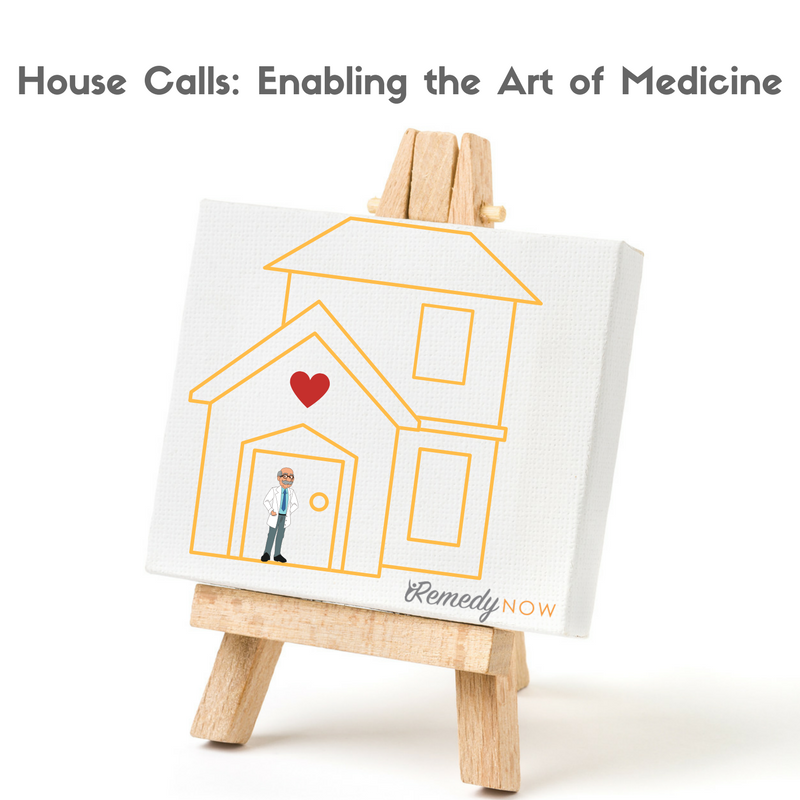




 “I visited RemedyNow and Dr. Danish Siddiqui because
I was experiencing both stress incontinence when laughing and coughing and urge incontinence when my bladder would spasm when fuller resulting in loss of control and frequent changes of undergarments or having to wear liners constantly. I heard about Emsella through an online personal shopper/blogger, Nichole_Ontrend, a very relatable British expatriate living in Dubai who has access to the newest and best and was being treated with Emsella. My curiosity was piqued, and I went online to learn what the procedure was for. I learned that the Emsella chair involves sitting for 30″ while electromagnetic energy contracts your pelvic floor muscles approximately 12,000 times. Over time, the pelvic floor strengthens resulting in less leakage. I found Dr. Siddiqui online and was pleased to see he was also a board-certified OB/GYN. After a consultation, I was able to begin immediately with a six-treatment course over three weeks. I began to see large improvements with less leakage after about three treatments and was so pleased with the results that I followed with optional maintenance treatments once monthly. I have currently completed my 5th out of 6 monthly maintenance treatments. Emsella has made a huge difference for me personally. I no longer wear liners and am experiencing no leakage with coughing or laughing. I may still have some urgency to urinate, especially in the morning but far less often, and even then I am able to hold my bladder until I reach a bathroom with no leakage. I definitely recommend Emsella and Dr. Danish Siddiqui”
“I visited RemedyNow and Dr. Danish Siddiqui because
I was experiencing both stress incontinence when laughing and coughing and urge incontinence when my bladder would spasm when fuller resulting in loss of control and frequent changes of undergarments or having to wear liners constantly. I heard about Emsella through an online personal shopper/blogger, Nichole_Ontrend, a very relatable British expatriate living in Dubai who has access to the newest and best and was being treated with Emsella. My curiosity was piqued, and I went online to learn what the procedure was for. I learned that the Emsella chair involves sitting for 30″ while electromagnetic energy contracts your pelvic floor muscles approximately 12,000 times. Over time, the pelvic floor strengthens resulting in less leakage. I found Dr. Siddiqui online and was pleased to see he was also a board-certified OB/GYN. After a consultation, I was able to begin immediately with a six-treatment course over three weeks. I began to see large improvements with less leakage after about three treatments and was so pleased with the results that I followed with optional maintenance treatments once monthly. I have currently completed my 5th out of 6 monthly maintenance treatments. Emsella has made a huge difference for me personally. I no longer wear liners and am experiencing no leakage with coughing or laughing. I may still have some urgency to urinate, especially in the morning but far less often, and even then I am able to hold my bladder until I reach a bathroom with no leakage. I definitely recommend Emsella and Dr. Danish Siddiqui”
4 months ago
 Danish Siddiqui is an accomplished board-certified Obstetrician-Gynecologist with more than 25 years of experience. He is an academic leader, with excellent medical and surgical skills and above all an avid patient advocate.
Dr. Siddiqui is recognized as an expert in the field of minimally invasive gynecology including operative hysteroscopy, complex laparoscopic, and Robotic-assisted surgeries. He also performs cosmetic gynecologic procedures like vaginoplasty and labiaplasty. He provides treatment for menopausal disorders, endometriosis, pelvic pain, fibroid tumors, abnormal bleeding, ovarian cysts & more.
Dr. Siddiqui specializes in the evaluation and treatment options of female sexual dysfunction including lack of libido, vaginal dryness, painful intercourse, and difficulty in reaching satisfactory orgasm. Dr. Siddiqui can certainly help improve patients’ confidence, self-esteem, and quality of life.
While traditional gynecologists have very limited solutions for female sexual wellness, Dr. Siddiqui offers multiple options in terms of bioidentical hormones, Vaginal Laser, O, and G-shots and Emsella, and much more.
After nearly two decades of caring for women, Dr. Siddiqui realized that many of his patients wanted to look and feel better about themselves through aesthetic services. With experience in minimally invasive surgeries, including robotic and laparoscopic procedures, Dr. Siddiqui expanded his medical expertise to include extensive training in aesthetic medicine. Dr. Siddiqui provides a one-of-a-kind and well-rounded office at RemedyNow Health Care, which offers his patients not only superior patient-centered gynecologic care but also integrated aesthetics, wellness, and medical services provided by a multidisciplinary team of experts.
He believes there’s a strong mind-body connection: If you look better, you feel better – and you make better health decisions. Now he and his team help patients look and feel their best with gynecologic care and the latest non-invasive aesthetic procedures for wrinkle reduction, skin tightening, customizable skin resurfacing, and much more.
Danish Siddiqui is an accomplished board-certified Obstetrician-Gynecologist with more than 25 years of experience. He is an academic leader, with excellent medical and surgical skills and above all an avid patient advocate.
Dr. Siddiqui is recognized as an expert in the field of minimally invasive gynecology including operative hysteroscopy, complex laparoscopic, and Robotic-assisted surgeries. He also performs cosmetic gynecologic procedures like vaginoplasty and labiaplasty. He provides treatment for menopausal disorders, endometriosis, pelvic pain, fibroid tumors, abnormal bleeding, ovarian cysts & more.
Dr. Siddiqui specializes in the evaluation and treatment options of female sexual dysfunction including lack of libido, vaginal dryness, painful intercourse, and difficulty in reaching satisfactory orgasm. Dr. Siddiqui can certainly help improve patients’ confidence, self-esteem, and quality of life.
While traditional gynecologists have very limited solutions for female sexual wellness, Dr. Siddiqui offers multiple options in terms of bioidentical hormones, Vaginal Laser, O, and G-shots and Emsella, and much more.
After nearly two decades of caring for women, Dr. Siddiqui realized that many of his patients wanted to look and feel better about themselves through aesthetic services. With experience in minimally invasive surgeries, including robotic and laparoscopic procedures, Dr. Siddiqui expanded his medical expertise to include extensive training in aesthetic medicine. Dr. Siddiqui provides a one-of-a-kind and well-rounded office at RemedyNow Health Care, which offers his patients not only superior patient-centered gynecologic care but also integrated aesthetics, wellness, and medical services provided by a multidisciplinary team of experts.
He believes there’s a strong mind-body connection: If you look better, you feel better – and you make better health decisions. Now he and his team help patients look and feel their best with gynecologic care and the latest non-invasive aesthetic procedures for wrinkle reduction, skin tightening, customizable skin resurfacing, and much more.



